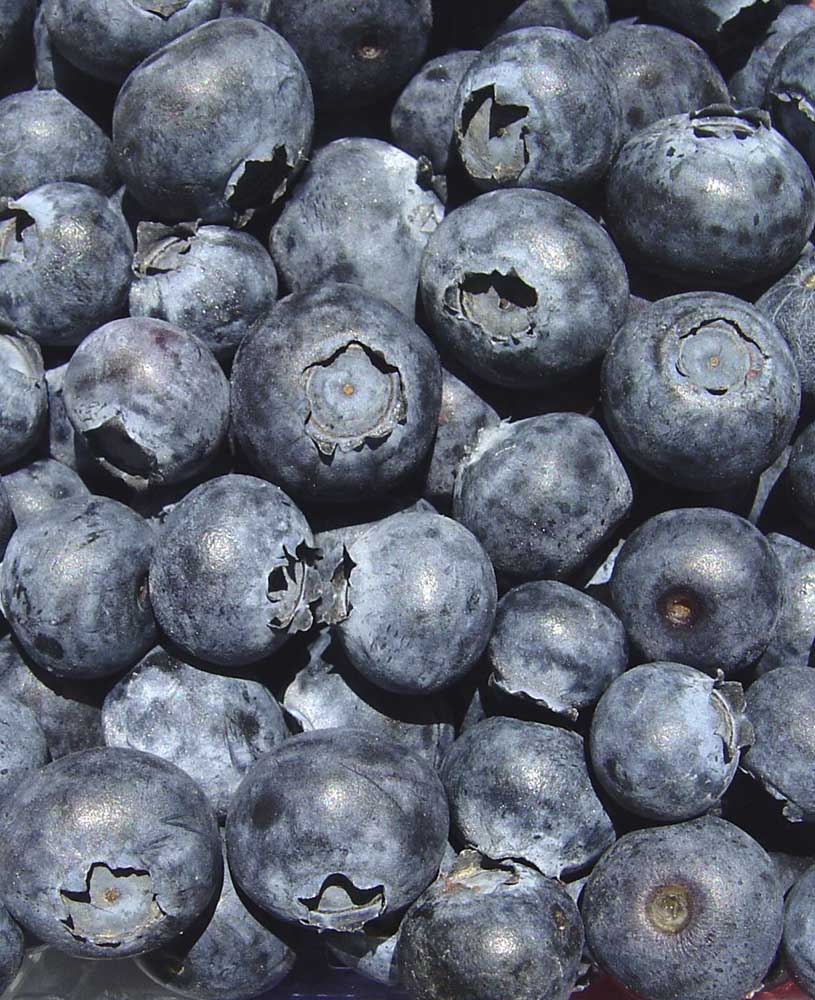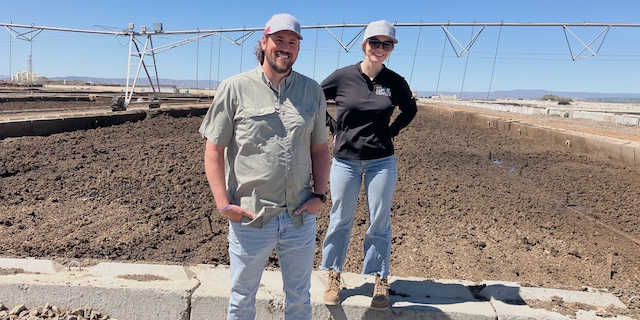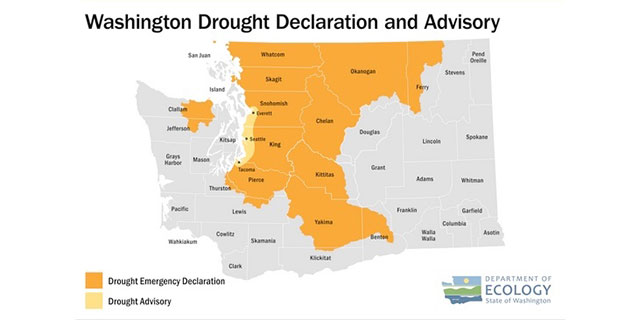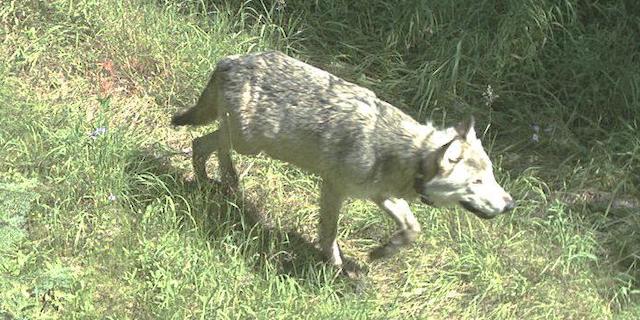Washington blueberry farm fined $12,000 for irrigating without water right
Published 9:30 am Wednesday, August 2, 2023

- Tim Hearden/Capital Press Fresh organic blueberries from the Rainier Fruit Co. in Selah, Wash., are ready to be enjoyed. Blueberry production across the country is expected to increase in the next few years, including in California, where it could see a 13 percent jump this year from 2015 levels.
A business has been fined $12,000 by the Washington Department of Ecology for irrigating 40 acres of newly planted blueberries in Whatcom County without a water right.
Ecology said it warned RAN General Partnership more than a year ago not to irrigate. Ecology staff reported seeing wet soil in blueberry fields on six days this June and July. Ecology fined RAN $2,000 per day.
Ecology issued the fine Monday to RAN partner Rick Alamwala. Efforts to obtain comment from RAN through its lawyer were unsuccessful.
The last time Ecology saw wet soil was July 10. “Ecology is continuing to monitor and investigate the situation and will take appropriate action as necessary,” spokesman Jimmy Norris said Tuesday in an email.
In levying the fine, Ecology did not consider the potential pay-off for illegal water use.
Washington blueberry growers harvested 22,300 acres in 2022 and grossed $187 million, an average of nearly $8,400 per acre, according to the USDA’s National Agricultural Statistics Service.
According to Ecology records, the department learned in January 2022 that RAN planned to clear land to cultivate blueberries or raspberries. Ecology notified the business that the land did not have a water right.
In June and July last summer, Ecology watched as the land was cleared and trenches dug for waterlines. The department issued a cease-and-desist order July 26, 2022, warning RAN not to irrigate.
In November, Ecology reported seeing 40 acres of newly planted blueberries and sent RAN another letter. RAN’s attorney wrote back, saying RAN had not irrigated.
“They put their blueberries in the ground with the knowledge that the necessary water may not be available in time for the next irrigation season,” the letter stated.
Following irrigation guidelines, Ecology estimates the 40 acres of blueberries will need nearly 55 acre-feet of water during the season.
Without a water right, Ecology estimated the landowner had enough water from a permit-exempt well and rain to irrigate 1 or 2 acres of blueberries.
The fine was not based on the amount of water the farm might have used. Instead, Ecology graded RAN on several factors in calculating the penalty.
RAN was mostly penalized for not getting a water permit and not following Ecology’s order.
RAN irrigated from groundwater or an unnamed tributary to Johnson Creek, according to Ecology. The illegal irrigation probably damaged the environment and led to economic gain, Ecology concluded.
“Water is a precious resource for the Nooksack Basin this time of year, and this non-permitted use negatively affects all aspects of our community — our people, farms, and fish,” Ecology Northwest Region water manager Kasey Cykler said in a statement.






